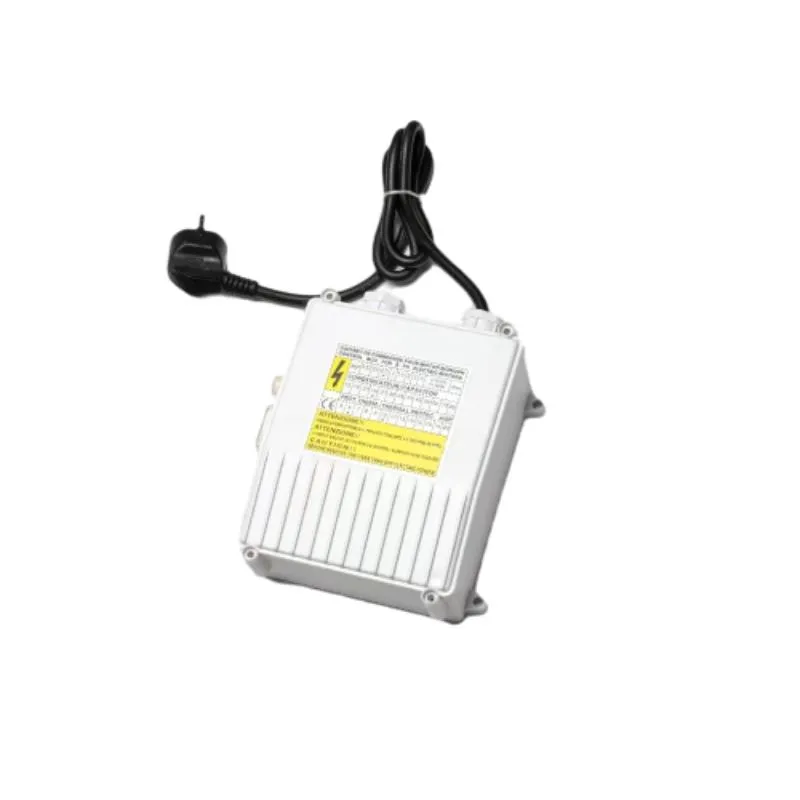Understanding Rubber Tape for Electrical Applications
Rubber tape, commonly known as electrical rubber tape, plays an essential role in various electrical applications, ensuring safety and reliability in the electrical industry. This versatile material is manufactured using a high-quality rubber compound, which provides excellent insulation and protection for electrical wires and connections. In this article, we will explore the properties, uses, and advantages of rubber tape in electrical applications.
Properties of Rubber Tape
Rubber tape is designed to offer outstanding electrical insulation properties. It can withstand high voltages and provides excellent dielectric strength, making it suitable for various applications, including wire splicing, insulation of electrical components, and protection against moisture and environmental factors. The flexibility of the tape allows it to conform to different shapes and surfaces, facilitating ease of application.
One of the significant features of rubber electrical tape is its self-fusing ability. When stretched and wrapped around a wire or connection, the tape bonds to itself without the need for any adhesive. This self-fusing property enhances its effectiveness as an insulator, eliminating gaps that could lead to electrical faults. Additionally, rubber tape is resistant to chemicals and UV radiation, which is crucial for outdoor applications where exposure to harsh elements is common.
Applications of Rubber Tape
Rubber tape is extensively used across various sectors, particularly in electrical maintenance, repair, and installation. Some of the primary applications include
1. Insulation of Electrical Connections It is used to insulate wire splices and connections, preventing potential short circuits and ensuring the safe operation of electrical systems.
2. Moisture Protection Rubber tape is commonly applied in outdoor electrical installations to protect wires and components from moisture and water ingress, which can lead to corrosion and electrical failure.
3. Vibration Dampening In certain industrial applications, rubber tape can be used to secure and insulate components exposed to vibrations, reducing wear and enhancing durability.
rubber tape for electrical

5. Bundling Wires It is often used to bundle multiple wires together, offering neatness and reducing the risk of tripping hazards in installations.
Advantages of Using Rubber Tape
The use of rubber tape offers numerous advantages in electrical applications
- Durability Its robust composition ensures longevity, providing reliable performance even in demanding conditions.
- Ease of Use The self-fusing feature simplifies application, as it doesn’t require adhesives or additional tools. It can be applied quickly, saving time during repairs or installations.
- Cost-Effectiveness Rubber tape is relatively inexpensive compared to other insulating materials, making it an economical choice for both professionals and DIY enthusiasts.
- Versatile It can be used in various environments, whether indoor or outdoor, and in applications ranging from minor repairs to industrial installations.
- Safety By providing excellent insulation, rubber tape reduces the risk of electrical hazards, promoting safety in residential, commercial, and industrial settings.
Conclusion
In summary, rubber tape is a fundamental component in electrical applications, offering exceptional insulation, protection against environmental factors, and versatility across different uses. Its unique properties, combined with ease of application and cost-effectiveness, make it a preferred choice for electricians, engineers, and DIY enthusiasts alike. Whether for insulating wire connections, protecting against moisture, or ensuring safety in electrical systems, rubber tape proves to be a valuable tool in the electrical industry. As technology advances, the development of even more specialized rubber tapes promises to enhance performance and durability, ensuring continued safety and reliability in electrical applications.
-
XIANGFAN Rubber Tape-Ultimate Solutions for All Your Insulation NeedsNewsJun.24,2025
-
XIANGFAN Rubber Tape-Protection for Industrial and Residential ApplicationsNewsJun.24,2025
-
XIANGFAN Rubber Tape: Superior Safety and Sealing for Demanding EnvironmentsNewsJun.24,2025
-
XIANGFAN Rubber Tape: Reliable Solutions for Every Electrical ChallengeNewsJun.24,2025
-
XIANGFAN Electrical & Industrial Tape: Powering Reliability Across IndustriesNewsJun.24,2025
-
XIANGFAN Electrical & Industrial Tape: Excellence in Every ApplicationNewsJun.24,2025
